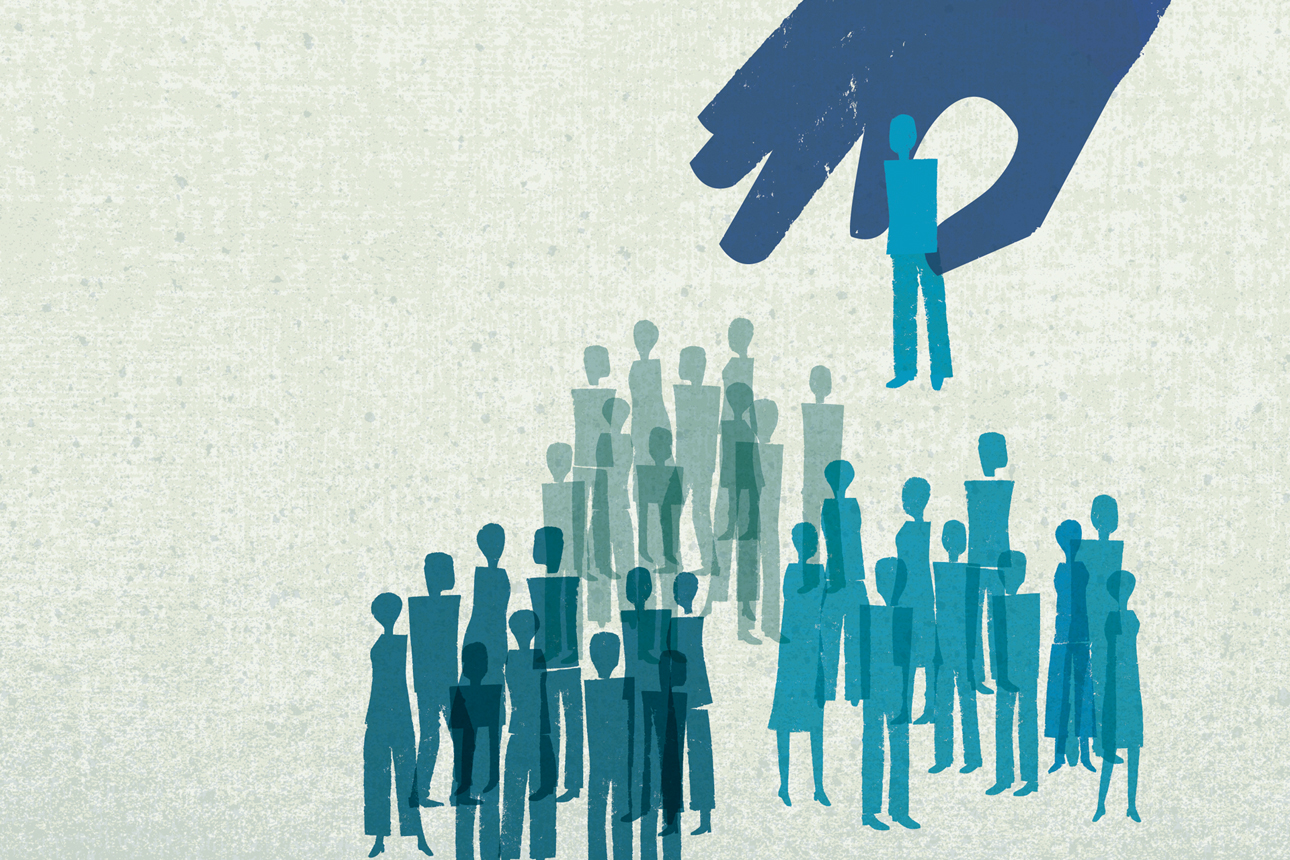There Actually Is an ‘I’ in Team
Research shows that when dealing with fundamental change, teams that retrain individuals before focusing on collaboration have better results.
Topics

Jing Jing Tsong/theispot.com
Imagine running a factory that assembles electronic devices. Your operators work in highly interdependent teams on the assembly lines, and they’re dealing with a fundamental technological change that you recently implemented. Robotic arms and automated machines were put in place to streamline the assembly process, replacing several tasks previously performed by hand.
Now, the robotic arms handle repetitive and precision movements, such as screwing components together and applying adhesives. This change relieves your operators of mundane work and lets them focus on more complex aspects of the assembly process, such as quality control, troubleshooting, and process optimization. However, they must adjust to the new work environment: They need to individually learn how to operate and maintain the automated systems while also learning how to coordinate differently as a group.
This kind of fundamental change to how members of a team relate to their individual roles and to one another plays out in all kinds of workplaces. Whether it’s triggered by organizational decisions to adopt new technology, new regulations, or structural transformations, it requires adaptation on both an individual and team level.
Members of an accounting team grappling with changes in disclosure laws, for example, may need to individually master new reporting rules as well as rethink collaboration within the team to establish new internal control systems. Employees of an organization transitioning from a functional structure to a divisional structure may need to individually acquire knowledge about the products and services offered by each division in addition to learning how to effectively coordinate with colleagues in the new cross-functional environment.
Overcoming these dual learning and adaptation challenges is key to successful change management, but as we note in our recent paper in Organization Science, leaders often don’t pay adequate attention to whether, when, or how individuals on their team reskill — and when they do, their focus is often on the team as a whole. Our research shows that there may be benefits to making individual reskilling a priority. Our study of how teams and individuals adapted to change in a manufacturing company revealed that when individual learning happens first, teams adapt more easily to fundamental change.
Reskill the Individual Before the Team
Successful teaming requires skills at two different levels: Team members need to become proficient in their own tasks, and they need to work well together.





Comments (2)
Laurin Mooney
Mohsen Abassi